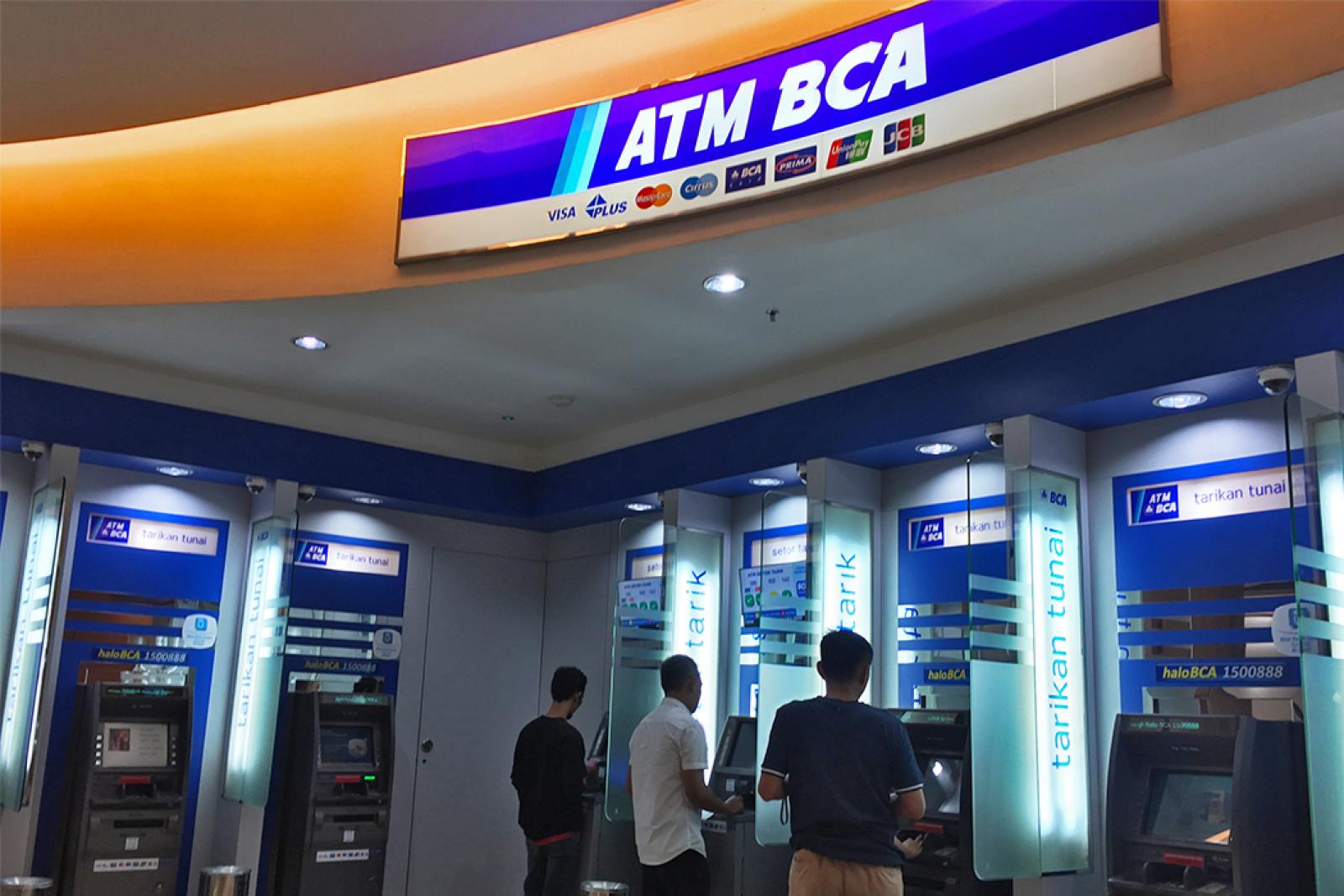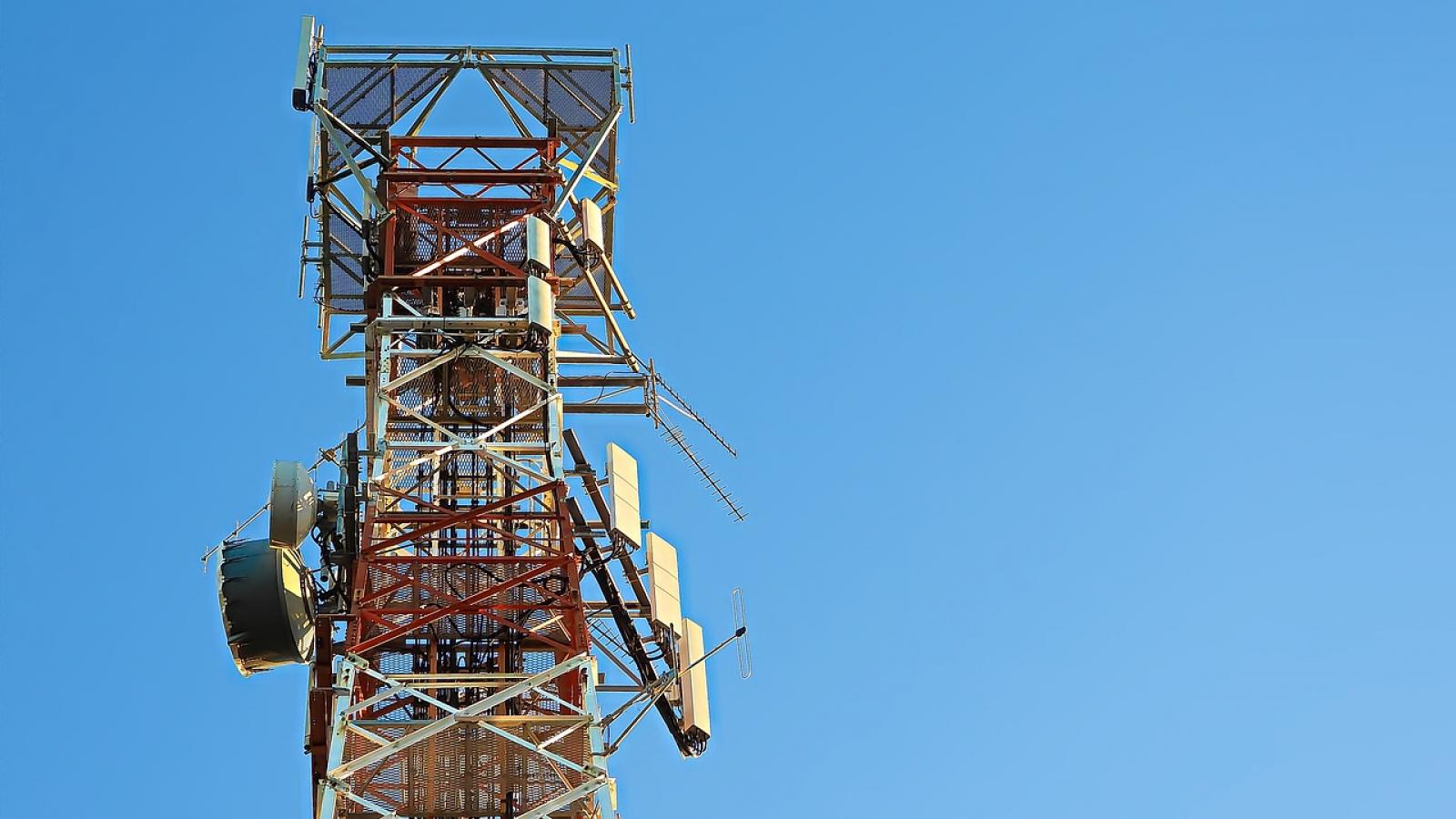Bank Has Conducted ‘Successful Pilot with Nornikel’
Vedomosti quoted a Central Bank spokesperson as saying that platform providers are “interested in developing” ways to “interact” with the bank.
The bank has full control over the sector and is the only body in Russia that can issue DFA issuance permits.
Kristina Aleshina, Deputy Director of the Russian Central Bank’s Financial Market Infrastructure Department, said that the bank and Atomyze had completed a “successful pilot.”
Aleshina told attendees at a digital finance forum that Atomyze has developed a “data dashboard.”
“We currently receive supervisory reports 15 days after the reporting date. But [the tool] lets us see [the data] online every day. We wrote similar letters to other [platforms], asking them to consider doing likewise. Because it will benefit everyone: the platforms themselves, the Central Bank, and investors.”
Kristina Aleshina, Deputy Director of the Financial Market Infrastructure Department at the Russian Central Bank
Media analysts claimed the new system would “reduce risks for the market, especially if one of the operators ceases operations.”
Russia’s communications watchdog plans to spend 59 billion rubles ($644 million) to block VPNs, Forbes reports https://t.co/ghr4omLWEM
— Bloomberg (@business) September 10, 2024
However, they said that launching such a system would “require technological improvements and investments from DFA operators.”
The Rise of DFAs
Most popular DFAs in Russia currently function as blockchain-powered bonds. Banks like Alfa-Bank and VTB have issued scores of these offerings in recent weeks.
Alfa-Bank alone has released over a dozen DFAs so far this month, with trading volumes across the sector ballooning in the past 12 months.
Volumes have risen from RUB 19.7 billion in August last year to RUB 115.8 billion last month, data from Cbonds indicates.
The gravitational pull towards Russia and China is growing stronger amid sanctions from the war, the chief of Kazakh's state miner Kazatomprom told the FT. https://t.co/NIjURGqNGr pic. .com/Xa7yGqtgyc
— Financial Times (@FT) September 10, 2024
Moscow has recently passed a law that allows Russian firms to use domestic DFAs as a payment tool in cross-border trade.
However, business leaders say that Moscow should also allow them to use cryptoassets like Bitcoin (BTC) to pay for goods and services overseas.





